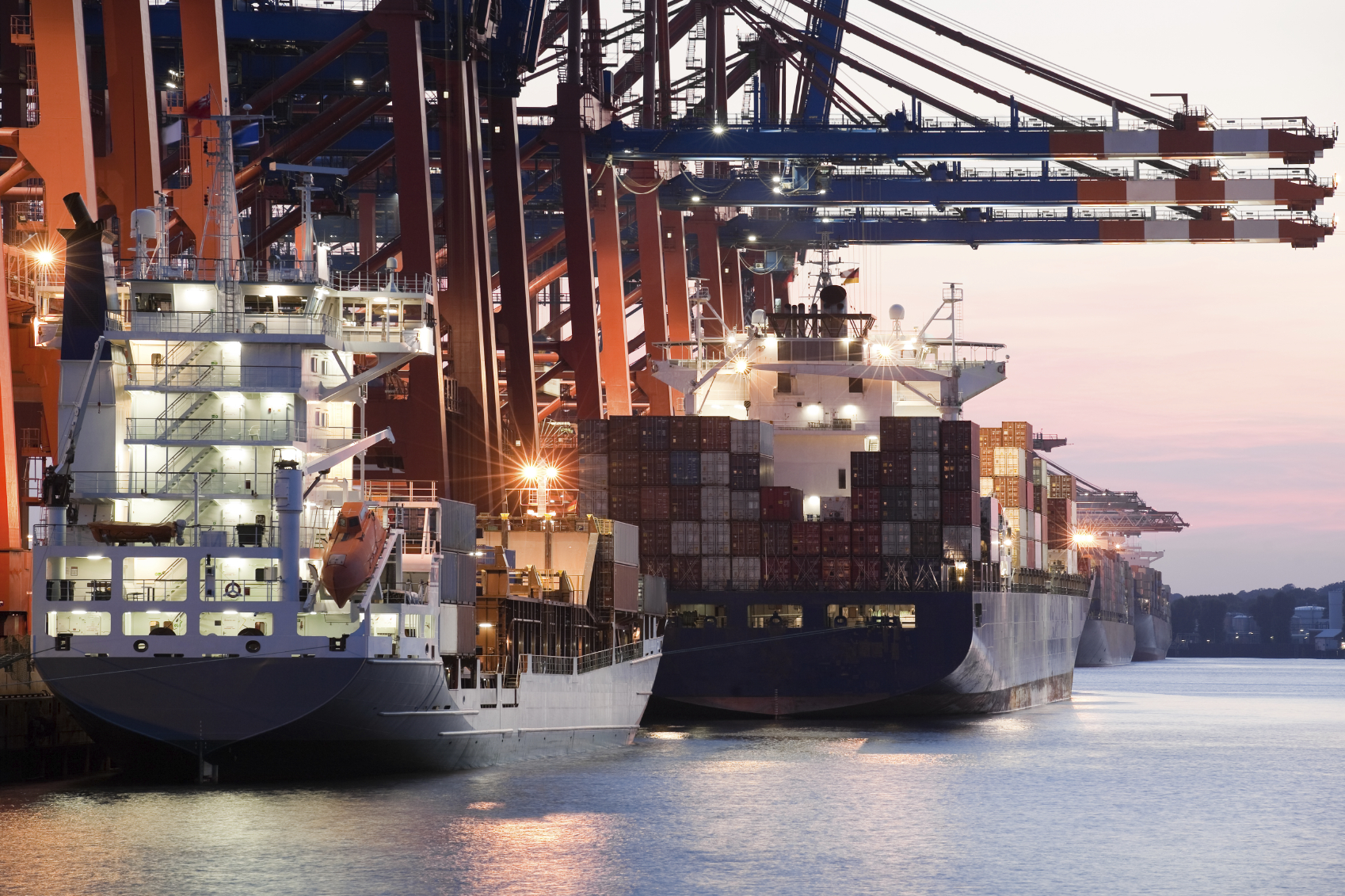Conductix-Wampfler, one of the world’s leading manufacturers of energy and data management systems for mobile applications, has launched a new development for its ProfiDA data transmission system. While the established ProfiDAT has already been successfully used in the field of container handling, overhead cranes or intralogistic applications, the new ProfiDAT compact is a much smaller and more flexible version that meets the unique requirements of the automotive industry.
“ProfiDAT compact is a slotted waveguide system for continuous data transmission between a local network and mobile consumers moving along a rail,” explains Nico Knab, Product Manager at Conductix-Wampfler in Weil am Rhein. “Data is transmitted safely and reliably between a stationary and mobile antenna. The antenna on the mobile unit is guided via sliding contacts on the slotted waveguide profile and extends into the slotted waveguide without contact. The profile is installed along the guide rail, parallel to the power transmitting conductor rail system.” ProfiDAT compact combines three functions that previously needed to be covered by different devices: It handles secure data transmission, serves as a protective earth conductor and can be expanded with an optical positioning system. The combination of these three functions saves space, and reduces costs and installation time.
“The goal was to optimize our already successfully established ProfiDAT system in order to meet the requirements of further customer groups,” explains Knab. “The challenge in developing ProfiDAT compact was to design a compact system without accepting losses in data transmission.” In comparison to ProfiDAT, the dimensions of the new version have been significantly reduced. ProfiDAT compact is therefore more flexible and is also suitable for applications with curves, lifts and transitions. It is characterized by a low level of interference with other wireless systems. For example, ProfiDAT compact can be used for automated storage and retrieval units, shuttles, transfer cars, sorters or electrified monorail systems.







